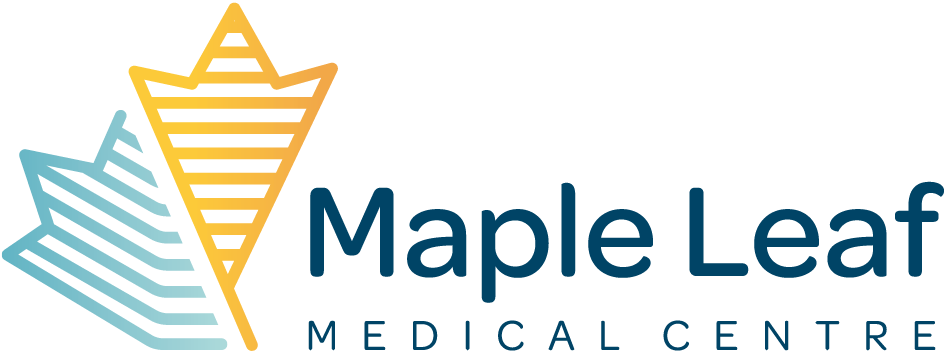Flu Vaccines 2022
Flu Vaccines 2022
We will begin administering flu vaccines for all patients (aged 6 months and above) in early April 2022.
Annual vaccination is the most important measure to prevent influenza and its complications. It is recommended for all people ≥6 months of age.
With international borders re-opening after two years of closures, health experts predict that this flu season will be worse than usual, as natural immunity levels will be much lower.
2. Patients who are eligible for a free (government-funded) flu vaccine.
Eligibility for influenza vaccines funded by the National Immunisation Program (NIP)
all children aged six months to four years (ie. including four year olds, but not five year olds); and all adults aged 65 years and over;
all people aged from six months with medical conditions putting them at increased risk of severe flu and its complications (for example, severe asthma, lung or heart disease, diabetes, kidney, neurological diseases, blood conditions, long term aspirin on children aged 5 to 10.)
pregnant women (during any stage of pregnancy)
all Aboriginal and Torres Strait Islander people aged from six months.
https://www.health.gov.au/sites/default/files/documents/2022/02/atagi-advice-on-seasonal-influenza-vaccines-in-2022.pdf
3. For all other patients, a private flu vaccine costs $15.
We will offer FluQuadri (flu vaccine) that can be used for all people aged 6 months and above.
4. All COVID-19 vaccines can be co-administered (given on the same day) with an influenza vaccine.
Subject to the availability of influenza vaccines, co-administration with COVID-19 booster vaccines could be a prompt for influenza vaccination.
5. For adults aged ≥65 years, the adjuvanted influenza vaccine, Fluad® Quad, is preferentially recommended over standard influenza vaccine.
There is no preference for use between either Fluad® Quad or Fluzone HighDose Quadrivalent in this age group.
6. If a person had a 2021 influenza vaccine in late 2021 or early 2022, they are still recommended to receive a 2022 formulation of influenza vaccine when it becomes available (likely from March 2022).
7. Timing of vaccination
Annual vaccination should ideally occur before the onset of each influenza season. The period of peak influenza circulation is typically June to September in most parts of Australia.
However, influenza epidemiology may be atypical this year, particularly in the context of COVID-19 and the return of international travel. Some Northern Hemisphere countries have seen a concurrent surge of influenza and COVID-19 activity
While protection is generally expected to last throughout the year, the highest level of protection occurs in the first 3 to 4 months after vaccination.
Vaccination should continue to be offered as long as influenza viruses are circulating and a valid vaccine (before expiration date) is available. Some vaccine brands have an expiry date of February 2023.
8. Influenza vaccination for pregnant women
Influenza vaccine is recommended in every pregnancy and at any stage of pregnancy.
Influenza vaccine can safely be given at the same time as a pertussis vaccine and/or COVID-19 vaccine.
For women who received an influenza vaccine in 2021, it is recommended to give the 2022 influenza vaccine if it becomes available before the end of pregnancy.
For women who receive influenza vaccine before becoming pregnant, revaccination is recommended during pregnancy to maximise the protection of the mother and the infant in the first six months of life
